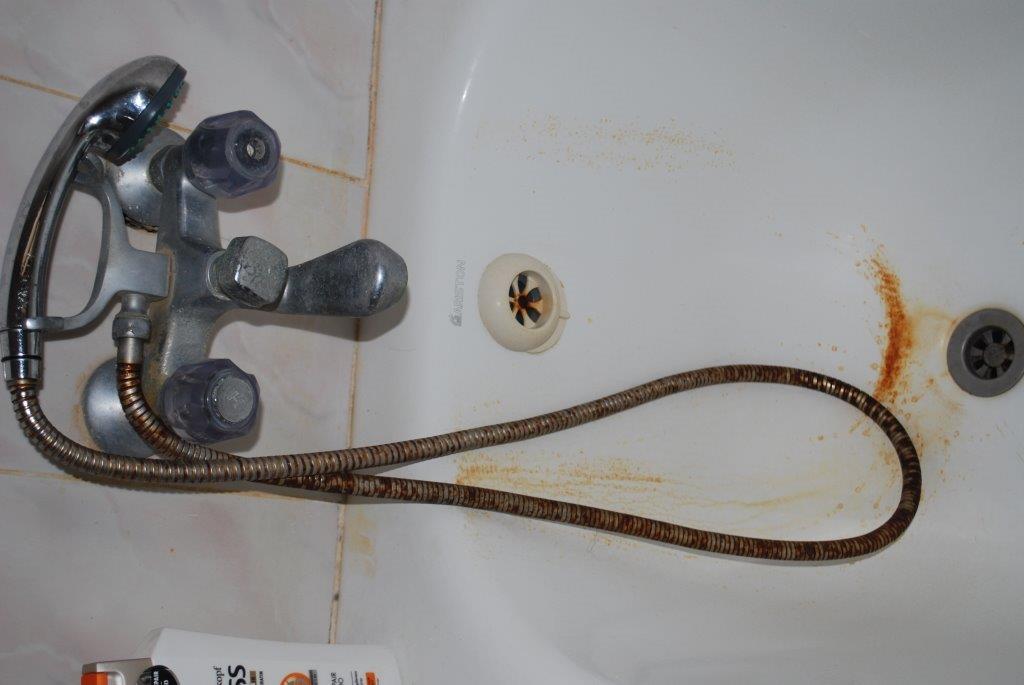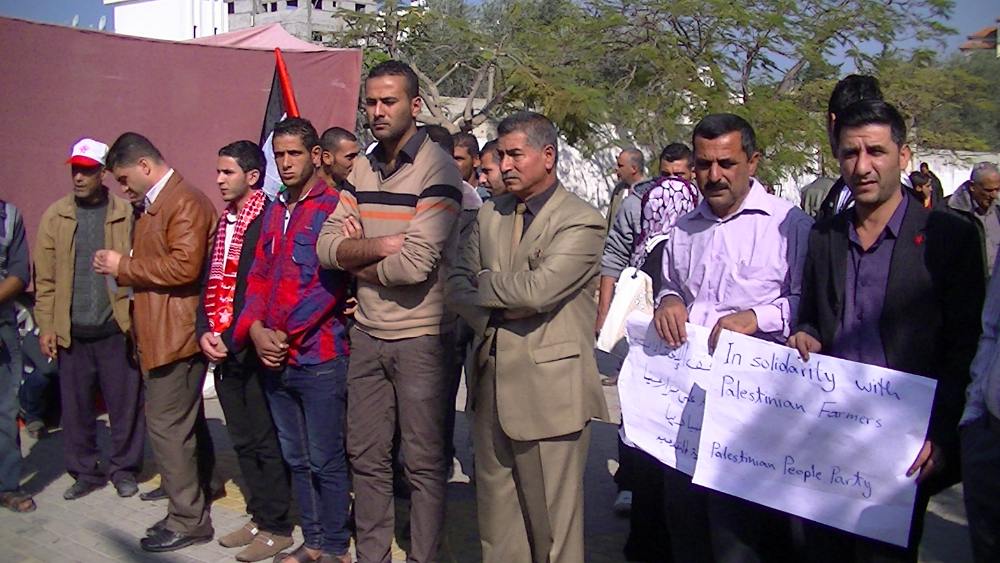Tag: United Nations
-
The water in Gaza is not only water
22nd November 2013 | International Solidarity Movement, Charlie Andreasson | Gaza, Occupied Palestine I was just going to make dinner when I realized the filtered water in my tank was almost done. Perhaps it would be enough if I used the last of my bottled water. But then I would have nothing to drink with my…
-
Gazan farmers and fisherfolk call for food sovereignty and an end to Israeli attacks
20th November 2013 | Corporate Watch, Tom Anderson and Therezia Cooper | Gaza, Occupied Palestine On 20th November 2013, hundreds of farmers and fisherfolk gathered outside the United Nations Special Coordinator for the Middle East (UNSCO) in Gaza City to demand that the international community take action to prevent the Israeli military’s attacks against them and to…
-
Golani Brigade Report: Incidences in which Golani soldiers arbitrarily detained Palestinians and/or denied them access to roads or walkways.
14 February 2012 | International Solidarity Movement and Christian Peacemaker Teams Since the arrival of the Golani Brigade in Hebron on December 27th, international accompaniment organizations (Christian Peacemaker Teams, International Solidarity Movement, and others) have documented an increase in the number of serious human rights violations against the Palestinian people, particularly youth and children in the…


